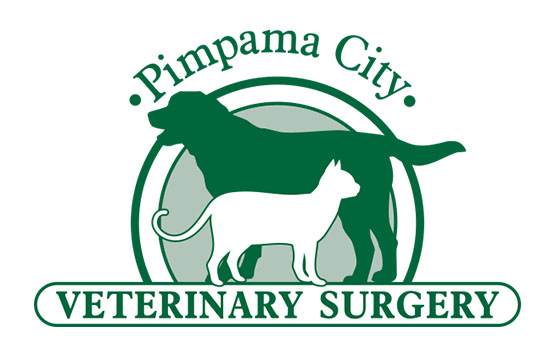Within the last few decades, advances in veterinary medicine have resulted in a dramatic increase in longevity of pets. Today, dogs and cats, like humans are living longer and healthier lives.
The ageing process can be defined as the time when deterioration takes place faster than regeneration or repair. When the ageing process becomes greatly accelerated this is known as the “geriatric stage”. Dogs and cats become seniors at 7-8 years of age.
Not all dogs age at the same rate. In general, the larger the dog the earlier the geriatric stage occurs. St. Bernard’s and Great Danes age more rapidly and have shorter life spans than Toy Poodles and Terriers. Although there is not as much disparity in the rate of ageing amongst cat breeds, the oriental breeds such as Siamese, tend to age more quickly that their other feline friends.
As an animal matures and reaches the geriatric stage, functional changes occur in most major organs and organ systems. Many of these changes can be anticipated and steps taken to minimise their effect.
A decrease in the metabolic rate is the primary change associated with the aging process; as a result an older animal’s diet must be altered. In general, compared to the diet of a young active animal an older pet’s caloric intake should be reduced by 20%. This can be accomplished by increasing the amount of fibre in the diet or more easily by feeding a quality commercial diet that has been specially developed to meet the specific nutritional requirement of senior animals.
Heart disease is a major problem in older dogs (less so in cats). Some studies suggest that 75% of dogs over 9 years of age have evidence of heart disease. Although this number appears high, only about 25% of these dogs develop symptoms of heart failure during their lifetime. The most common form of heart disease in older dogs is “endocardiosis”, which is a degenerative disorder of the heart valves. The valves become thickened and distorted, allowing blood to leak between the heart chambers during contraction. Symptoms associated with heart failure include coughing (especially at night), respiratory problems, fatigue and exercise intolerance. Medical management is often effective in controlling symptoms associated with heart disease. This includes reducing the amount and intensity of exercise, decreasing stress, reducing salt intake and administration of prescription medication.
Respiratory disease is common in older dogs and cats. As dogs and cats age the normal elastic tissue of lungs is replaced by fibrous tissue. This fibrous tissue decreases the capacity of the lungs to stretch, resulting in breathing becoming more difficult and reduced absorption of oxygen into the bloodstream.
The urinary system (kidneys and bladder) undergoes significant degenerative changes in older animals, particularly cats. The kidneys main function is to filter waste material from the blood and concentrate urine. In older animals, the kidneys function less efficiently and the ability to concentrate urine and eliminate waste products decreases. The main signs associated with decreased kidney function include increased thirst, increased urination, weight loss and occasional vomiting. Kidney failure is a life-threatening disease of animals and is one of the most common medical problems encountered in older pets. Regular veterinary exams, including blood and urine tests, are extremely important for detecting early changes associated with kidney disease.
Dental disease is an important cause of teeth loss in older animals. Dental care is often neglected and should begin at an early age. Signs associated with advanced dental disease include bad breath, oral pain and reluctance to chew food.
Arthritis is very common in dogs and cats over 7 years old. Signs include reluctance to exercise, pain when getting up and down (particularly steps) and obvious stiffness in the morning or after rest (especially in winter). There are some excellent remedies available to treat arthritis in pets, including oral medications and regular injections.
By combining regular veterinary visits with special home care your pet can live a long happy life. If your pet is approaching the twilight years, please discuss blood testing and geriatric care with us at your next visit.



